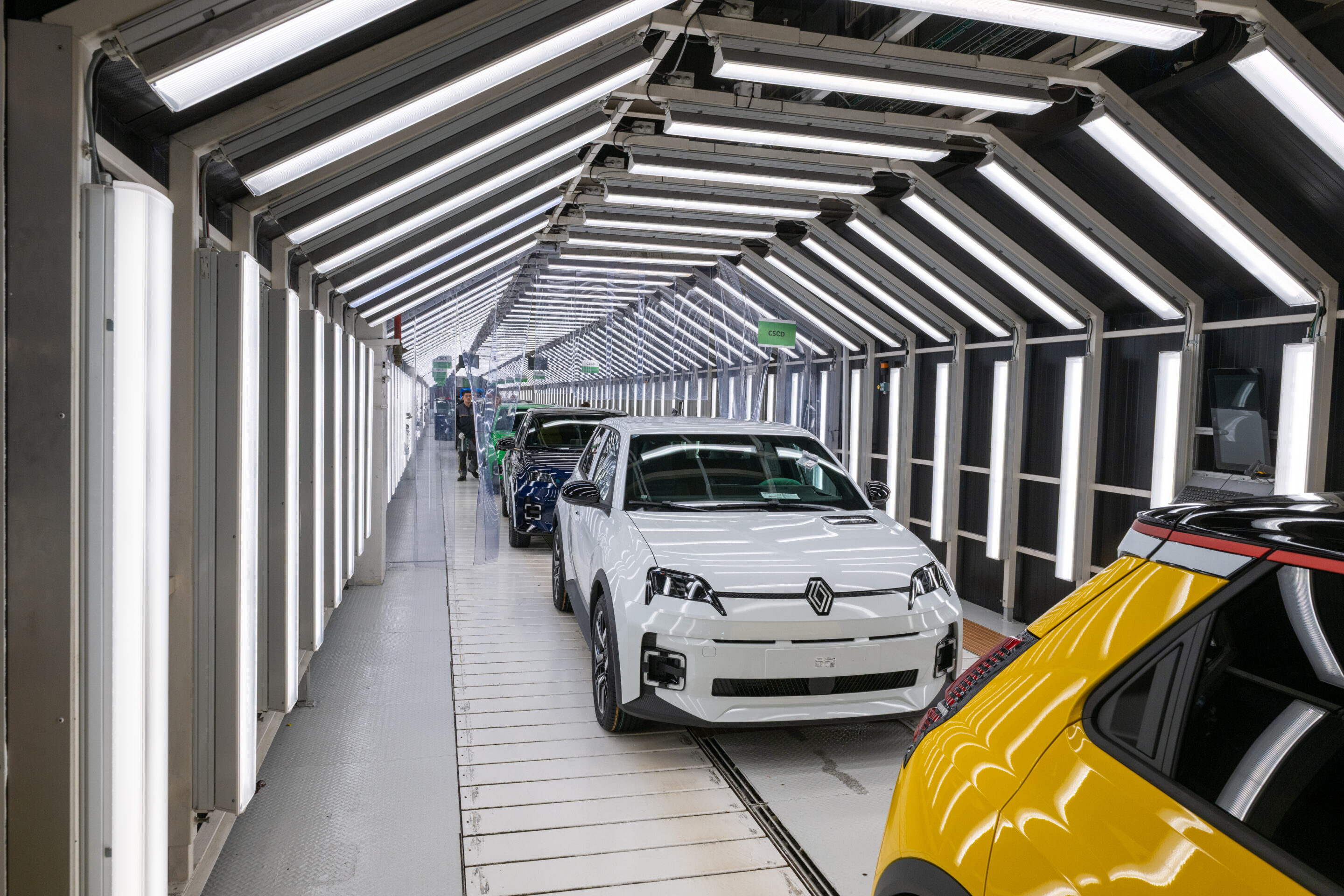The European Commission granted carmakers a massive reprieve from CO2 targets this week, but could that short-term easing of pressure cause long-term pain?
Road transport emissions are a tricky beast to handle. They are not decreasing anywhere near as quickly as they are in say the energy sector and nowhere near as quickly as they need to for global climate targets to stand a chance of success.
Electrification has won the war of the alternative powertrains after hydrogen and synthetic fuels failed to mount a credible challenge, so e-mobility is the future of passenger cars, urban public transport and, to a greater extent than thought before, heavy-duty vehicles.
In a bid to push carmakers to sell more zero-emission cars, the EU has for a number of years implemented CO2 reduction targets. Manufacturers are set fleet averages that they must meet or risk paying heavy penalties.
2025 is a target compliance year, so by the end of these 12 months, carmakers will have to make sure their numbers are in good shape. At least, that was the plan until this week.
As part of its new automotive industry strategy, the European Commission has proposed giving carmakers until the end of 2027 to meet their 2025 targets, after some in the industry called for more flexibility.
That decision still requires the European Council and Parliament to approve it but given the political makeup of those two bodies and the increased focus on competitiveness these days, the chances are that the proposal will be accepted.
Clean mobility advocates had strongly recommended before the proposal was published that the Commission not extend the deadline, as it would release much needed pressure on the industry.
But those calls were not heeded and instead the EU’s executive branch appears to have listened to a select group of carmakers who had insisted that sales figures were not where they needed to be and that they risked being exposed to millions of euros in fines.
A quick glance at some of the data for EV sales suggests that these firms were overplaying their hardships.
Electric vehicles made up 18% of new sales in Germany last month and France posted the same figure. Italy and Spain’s numbers are a big increase on the same period last year and in the United Kingdom, around a third of new sales were electric-powered.
Not only will the 2027 extension allow carmakers to take their foot off the accelerator, it might also have a longer-term knock-on effect. The 2030 target will be calculated using 2025’s baseline, for example.
If an extra two years of leeway is granted, then that baseline will make the 2030 numbers easier to achieve. By 2035, all new sales are supposed to be zero-emission but this deadline extension could knock that trajectory off, causing more problems down the line.
The Commission’s plan appears to be focused on short-term comfort and ignores potential long-term pain.
When it comes to electric vehicle purchase subsidies as well, the Commission’s strategy declines to set ambitious policies.
In the leadup to the plan’s unveiling, there were rumours that it would include a proposal for an EU-wide incentives scheme to help convince more motorists to take the e-mobility leap of faith.
Different ideas had been floated, from using leftover Covid recovery funds to power the bloc-wide scheme to offering non-financial incentives of some nature.
But in the end, the plan did not mention the policy. Instead, it issues guidance on how national schemes can be improved and better aligned with one another. That advice will be useful but is not exactly game-changing.
Beyond that, the strategy did confirm that the EU will be getting serious about financing the manufacturing of domestic-built batteries and extra priority will be given to the rollout of electric charging infrastructure.
Those steps are also much-needed but at the end of the day, the target carve-out is what really matters and that is what risks doing damage to the industry.
Want more updates and analysis of what is happening in the world of energy and climate? Interested in finding a job in the sector or more information about public tenders? Sign up to our Energy Rundown newsletter here!

